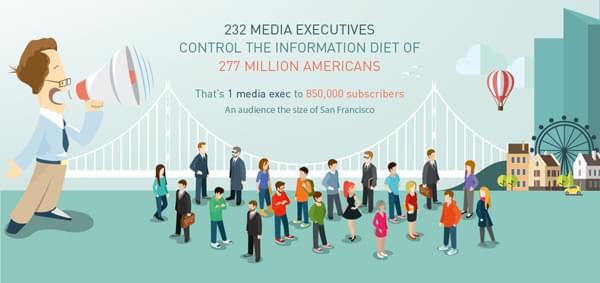
Welcome to ‘Everywhere Working’
Over 40% of respondents are working more than 4 hours a week at home, 20% in serviced office and 30% when travelling – so in each case more than half of a working day. And additionally 30% uses coffee shops as a work base during average week.
But standard office isn’t dying - over 50% still do more than 80% of their work in a central location. But offices are becoming very different, personalized according to a brand personality and values. Offices have to be attractive destinations – places people want to go to – not just have to go to.
Read our new White Paper and find out more.
Staying Powered Up
- 60% of business people totally run out of battery power at least once a month, and also 60% have to restrict their phone usage at some stage each month to conserve power. What about you?
The changing workplace
- The worker going to work is evolving to work coming to the worker.
- The end of the century saw the evolution of ‘hot desking’ as a familiar concept. But at that time, the technology wasn’t available to make it more than an internal ‘timeshare’ model whose primary benefit was to save space.
- With more and more people working remotely – from home, from customers’ premises or ad hoc on the road, as freelancers, or for themselves – the role of the traditional office will change. Having been originally designed for isolated, desk bound individual workers, the new era of smart working will see smart offices to cater for them
(Image source: 'The End of Sitting’ By RAAAF)
The Changing Company
- Some 90% of the media that Americans consume is in the control of just 6 organisations – GE, News-Corp, Disney, Viacom, Time Warner, and CBS. In 1983 it was 50 companies – and we are likely to see similar convergence in the rest of the world as digital and social media operate increasingly globally.
- In its 2013 report, “The Burdens of the Past” Deloitte notes that the average life expectancy of a Fortune 500 company has declined from around 75 years in the 1960s to less than 15 years today. Buyouts and mergers are partially responsible – but so are built-in complacency and inertia, leading to a failure to adapt to new circumstances in an accelerating world.